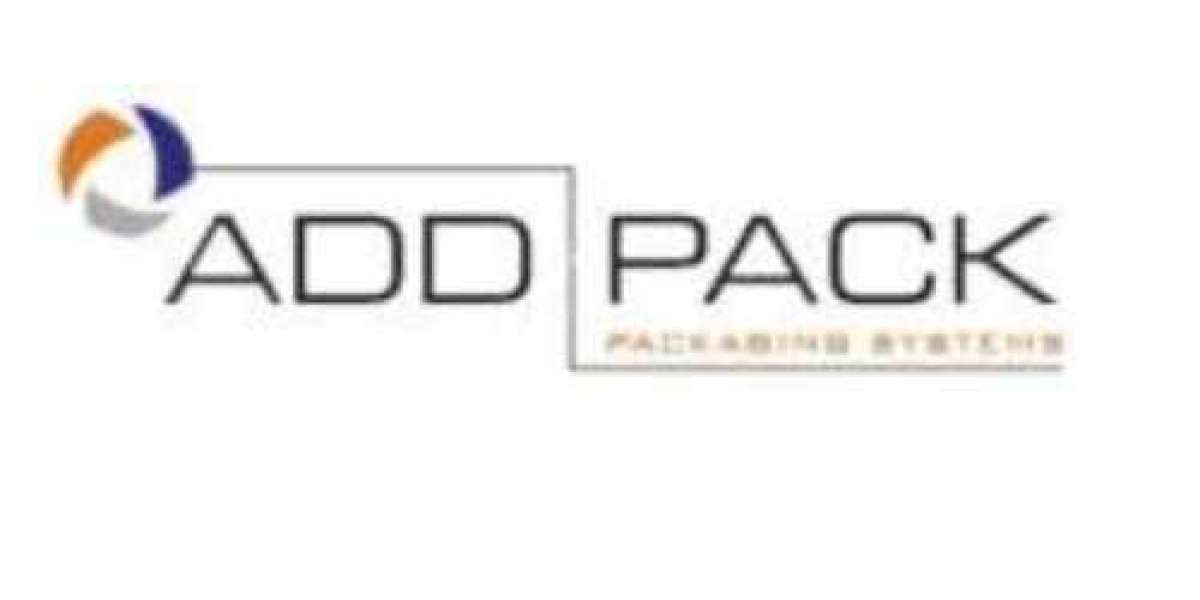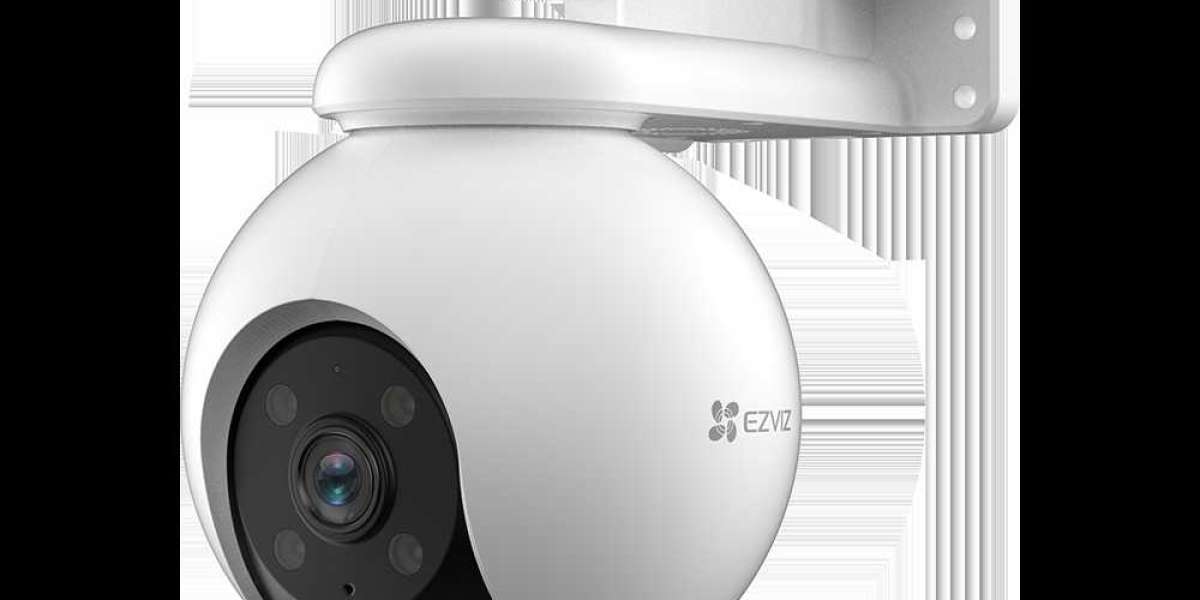In the evolving landscape of manufacturing, specialized machinery plays a pivotal role in enhancing production efficiency, safety, and product quality. As industries continue to innovate and adapt to new demands, specialized manufacturing machinery is undergoing significant transformations. This article explores some of the most noteworthy trends shaping the future of specialized manufacturing machinery and what industry professionals can expect.
1. Automation and Industry 4.0
One of the most significant trends in specialized manufacturing machinery is the increased integration of automation and Industry 4.0 technologies. Automation not only improves production speed but also enhances precision and reduces human error. Industry 4.0, characterized by the use of IoT (Internet of Things), AI (Artificial Intelligence), and advanced robotics, is revolutionizing the way machines operate and interact.
Manufacturers are increasingly adopting smart machinery that can communicate with other devices, collect real-time data, and make autonomous adjustments. This interconnected system allows for predictive maintenance, where machines can signal potential issues before they lead to significant breakdowns, thus minimizing downtime and reducing maintenance costs.
2. Advancements in Robotics
Robotics continues to make strides in specialized manufacturing machinery. Modern robots are becoming more versatile, agile, and capable of performing complex tasks with greater precision. Collaborative robots, or cobots, are designed to work alongside human operators, enhancing productivity and safety in the workplace.
These advanced robots are equipped with sophisticated sensors and AI, allowing them to adapt to changing production requirements and perform intricate operations. For instance, in the automotive industry, robots are now capable of assembling intricate components with exceptional accuracy, which was previously challenging to achieve with traditional machinery.
3. Enhanced Customization and Flexibility
The demand for personalized products is rising, pushing manufacturers to seek machinery that offers greater customization and flexibility. Specialized manufacturing machinery is increasingly designed to accommodate a wide range of product variations and adapt quickly to different production requirements.
One notable example is the development of modular machinery systems. These systems allow manufacturers to reconfigure their production lines easily, enabling the efficient production of diverse product types without significant downtime or retooling costs. This flexibility not only meets the growing demand for customized products but also enhances overall production efficiency.
4. Sustainable and Eco-Friendly Technologies
As environmental concerns gain prominence, the manufacturing sector is embracing sustainable practices and eco-friendly technologies. Specialized manufacturing machinery is being designed with a focus on reducing energy consumption, minimizing waste, and using sustainable materials.
For example, the development of energy-efficient machines that reduce power consumption during operation is a significant trend. Additionally, advancements in recycling technologies are helping manufacturers reduce waste by reprocessing materials used in production. These sustainable practices are not only beneficial for the environment but also help companies meet regulatory requirements and improve their overall sustainability profile.
5. Integration of Advanced Material Handling Systems
Efficient material handling is crucial in manufacturing operations, and specialized machinery is evolving to address this need. Advanced material handling systems are being integrated into manufacturing processes to improve the efficiency of material transport, storage, and processing.
One of the latest advancements in material handling is the use of automated guided vehicles (AGVs) and drones. AGVs are designed to transport materials across the production floor autonomously, while drones can be used for inventory management and monitoring. These technologies reduce manual labor, improve accuracy, and streamline material handling processes.
6. Pre Stretch Wrapping Machines: Efficiency and Precision
Among the specialized manufacturing machinery gaining prominence is the pre stretch wrapping machine. This equipment is designed to wrap products with stretch film before they are palletized for shipment. The primary advantage of a pre stretch wrapping machine is its ability to reduce film usage while ensuring a secure and stable wrap.
Pre stretch wrapping machines work by stretching the film before applying it to the product, which enhances the film's strength and elasticity. This process reduces the amount of film needed, leading to cost savings and reduced environmental impact. Additionally, these machines offer precise control over the wrapping process, ensuring that products are wrapped consistently and securely.
The integration of pre stretch wrapping machines into manufacturing operations reflects the broader trend of seeking efficiency and sustainability in specialized machinery. As manufacturers continue to prioritize cost-effective and eco-friendly solutions, the use of pre stretch wrapping machines is likely to become more widespread.
7. Data Analytics and Predictive Maintenance
Data analytics is becoming an integral part of specialized manufacturing machinery. By leveraging big data and advanced analytics, manufacturers can gain valuable insights into machine performance, production efficiency, and potential issues.
Predictive maintenance is a key application of data analytics in manufacturing. By analyzing historical and real-time data, manufacturers can predict when a machine is likely to fail and perform maintenance proactively. This approach reduces unexpected downtime, lowers maintenance costs, and extends the lifespan of machinery.
8. Integration of Augmented Reality (AR) and Virtual Reality (VR)
Augmented reality (AR) and virtual reality (VR) technologies are making their way into specialized manufacturing machinery, offering new possibilities for training, maintenance, and design.
AR can be used to provide real-time information and guidance to operators, enhancing their ability to perform complex tasks and troubleshoot issues. VR, on the other hand, is used for virtual simulations and training, allowing operators to practice and familiarize themselves with machinery in a risk-free environment.
Conclusion
The field of specialized manufacturing machinery is experiencing rapid evolution, driven by technological advancements and changing industry demands. Automation, robotics, customization, sustainability, advanced material handling, and innovations like pre stretch wrapping machines are shaping the future of manufacturing. As these trends continue to develop, manufacturers must stay informed and adapt to leverage the full potential of emerging technologies. Embracing these trends will not only enhance production efficiency but also position companies for success in an increasingly competitive and dynamic market.






